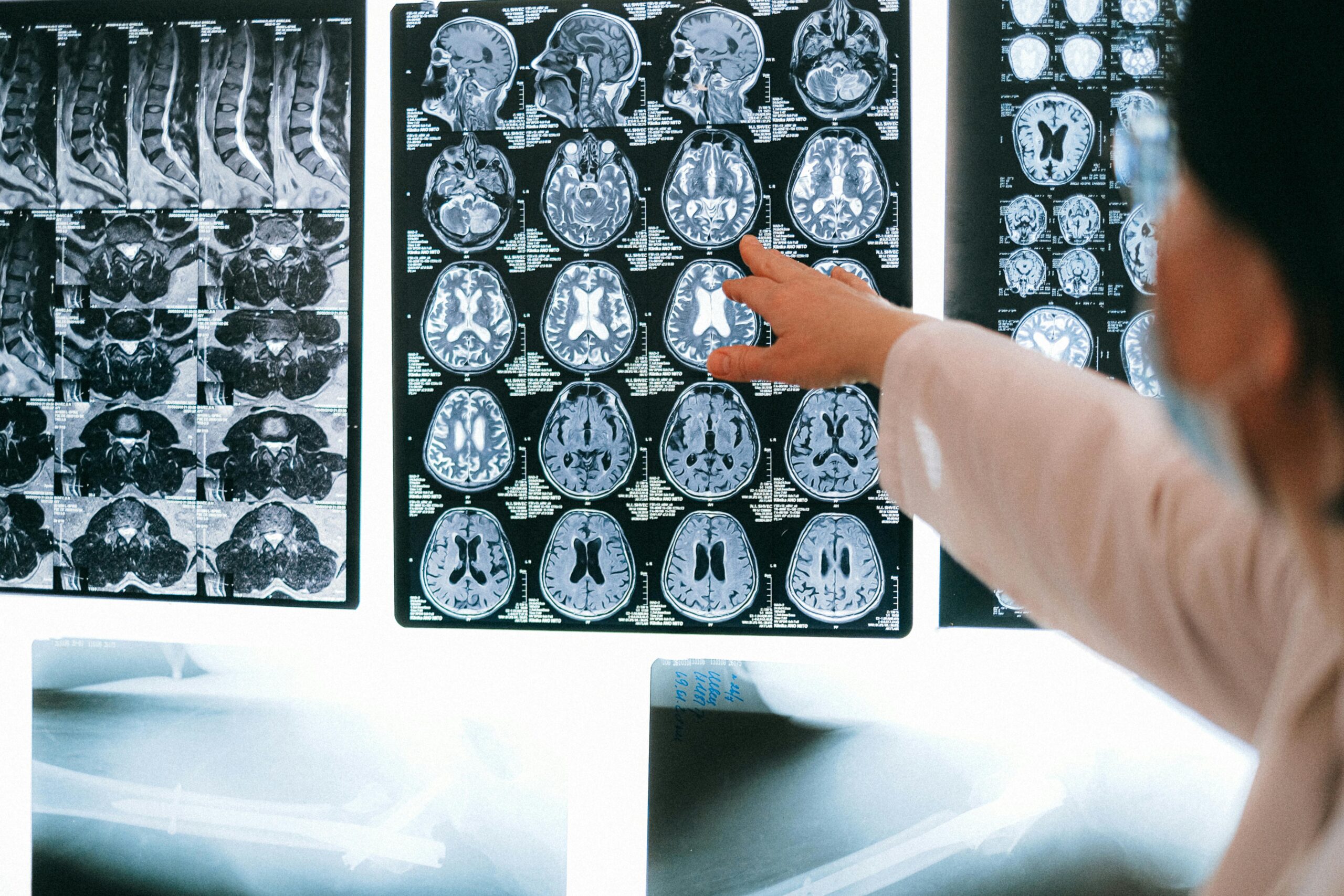Photo by Anna Shvets: https://www.pexels.com/photo/close-up-shot-of-mri-results-4226264/
New testing methods may be more efficient
New tests which measure levels of specific proteins in our blood could soon provide a way to diagnose Alzheimer’s faster. This could provide a much more efficient and less costly way to diagnose Alzheimer’s disease. Alzheimer’s, a type of dementia, is a problem which effects many of us, particularly as we live longer lives.
Current Process
Currently, diagnosing Alzheimer’s consists of a variety of methods meaning patients may wait months before getting a definitive diagnosis. In the UK, doctors tend to rule possible causes for symptoms before referring a patients to a specialist.
Patients then undergo more in-depth memory tests, brain scans or a lumbar puncture (also known as a spinal tap). Testing a patient’s cerebrospinal fluid also takes time.
The NHS (England) details the procedure of diagnosing Alzheimer’s on its website. It states “It may take several appointments and tests over many months before a diagnosis of Alzheimer’s disease can be confirmed”. However, it also points out that “often it may be diagnosed more quickly than this”.
How they work
The new blood tests work by measuring proteins known as ‘p-tau217’, which researchers believe are significant biomarkers of amyloid plaques. Amyloid plaques build up in the brains of those suffering from Alzheimer’s disease. They are essentially collections of proteins made from amyloid-beta (Aβ) peptides which clump together. They form in the brain of those with Alzheimer’s disease leading to problems the normal functioning of the brain.
Current situation
Though already in use by some, at present, they are used in conjunction with current procedures. Whether they replace current diagnostic techniques is still up for debate, however. An article by Sanders states these “blood tests are getting better, but still have a ways to go” (Sanders, 2024). The article states “There are still lots of unknowns”.
There is a long way to go before decisions are made on their overall efficacy. But it does seem that these tests may one day soon prove to be an appropriate replacement for current procedures.
References
NHS (2024) Overview – Alzheimer’s disease. Available at: https://www.nhs.uk/conditions/alzheimers-disease/ (Accessed: 06/02/2025).
NHS (2024) Diagnosis – Alzheimer’s disease. Available at: https://www.nhs.uk/conditions/alzheimers-disease/diagnosis/ (Accessed: 06/02/2025).
Sanders, L. (2024) Alzheimer’s blood tests are getting better, but still have a ways to go. Available at: https://www.sciencenews.org/article/alzheimers-blood-tests-better-diagnose (Accessed: 06/02/2025).
